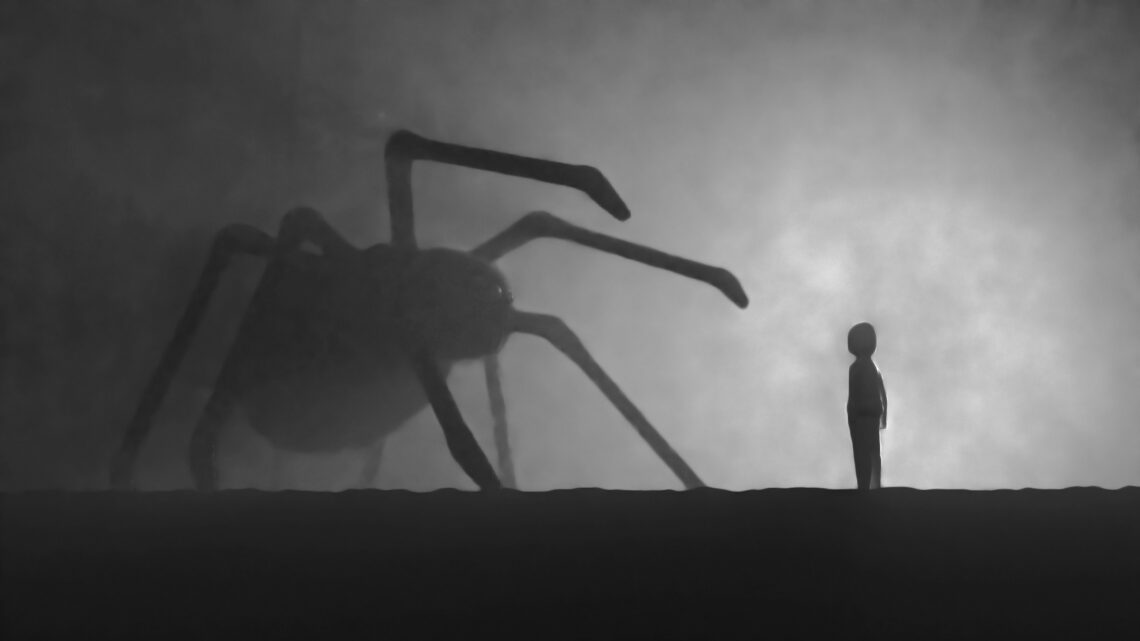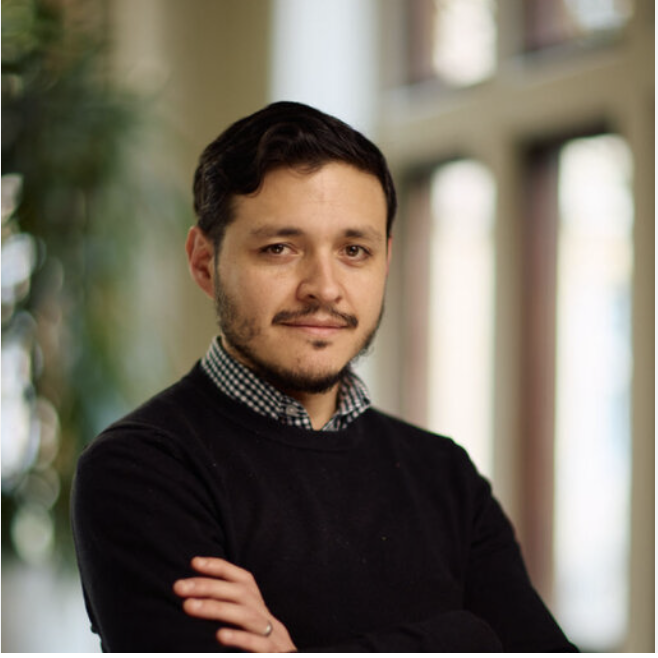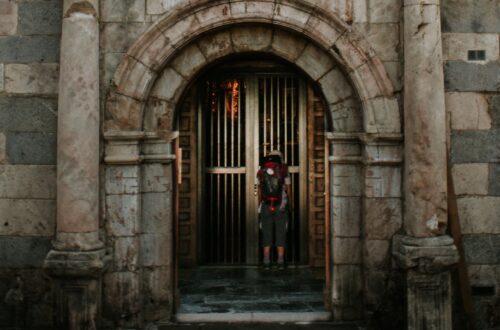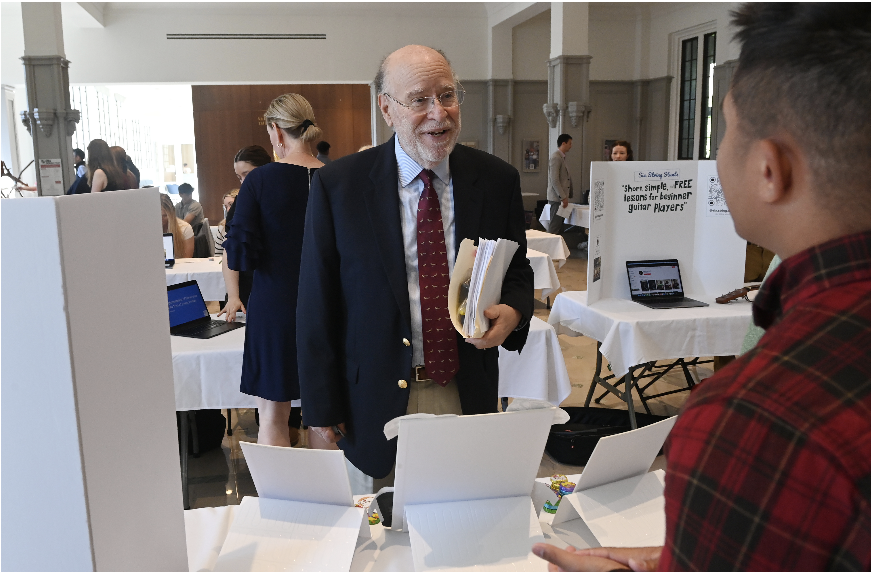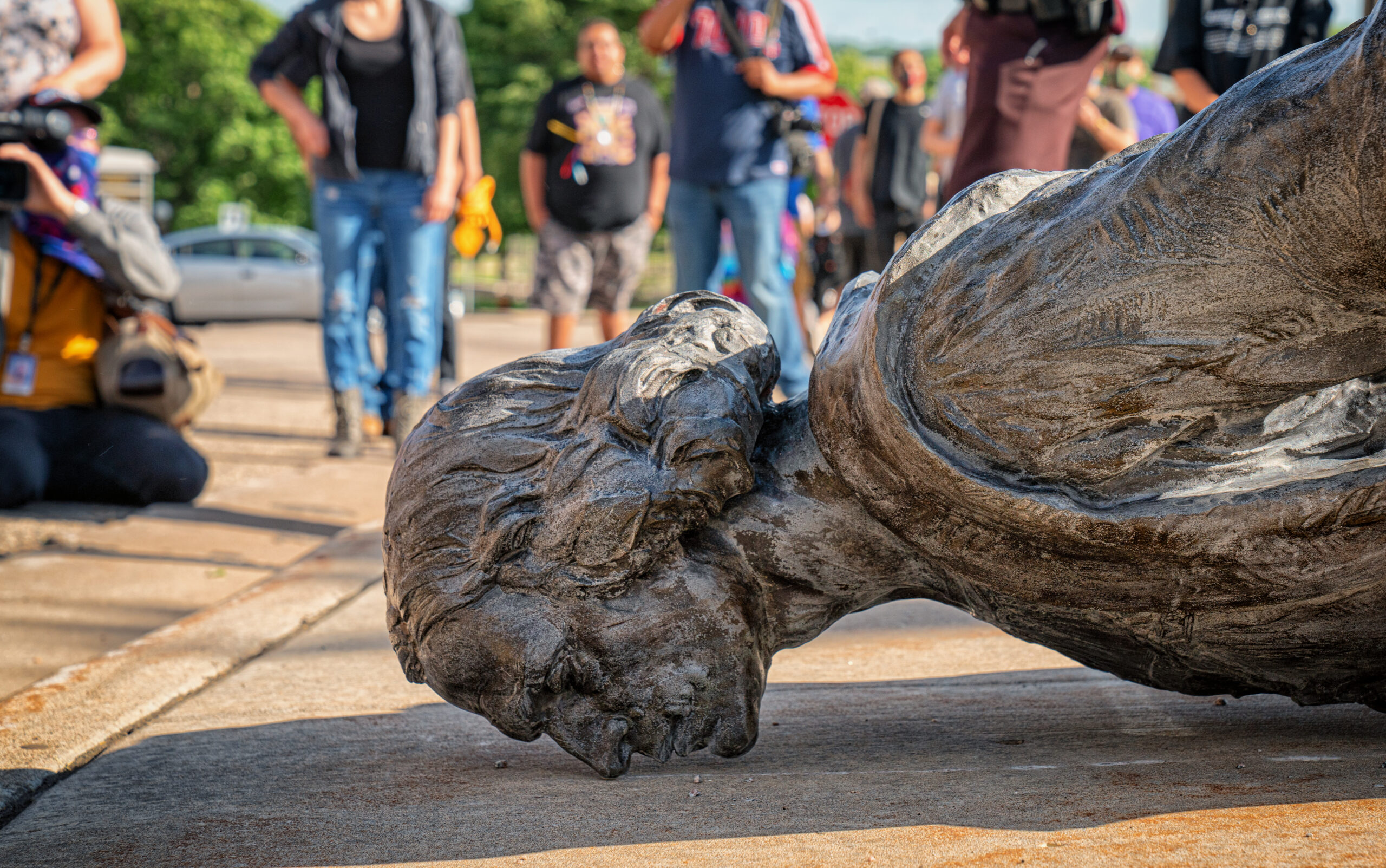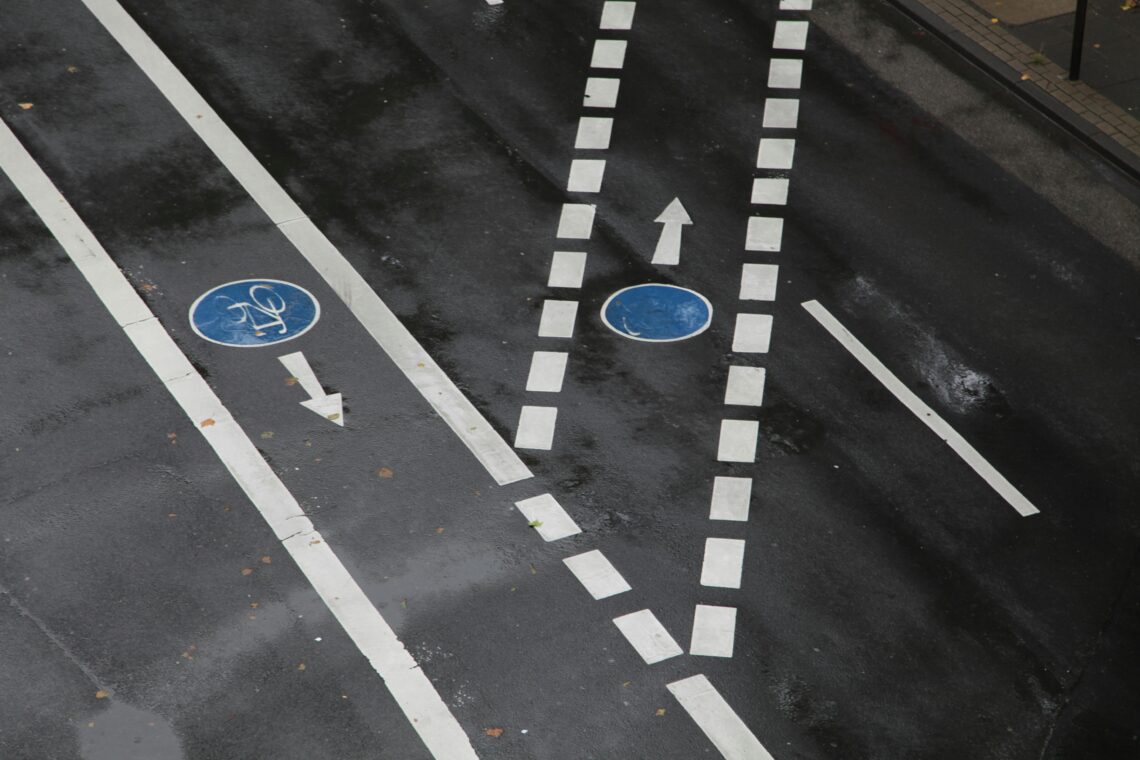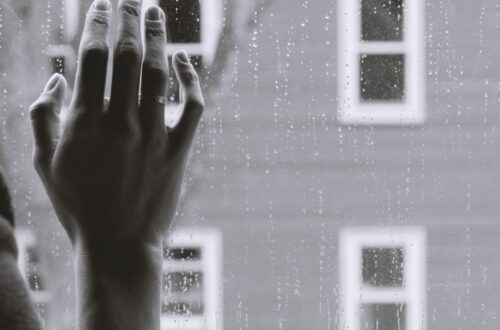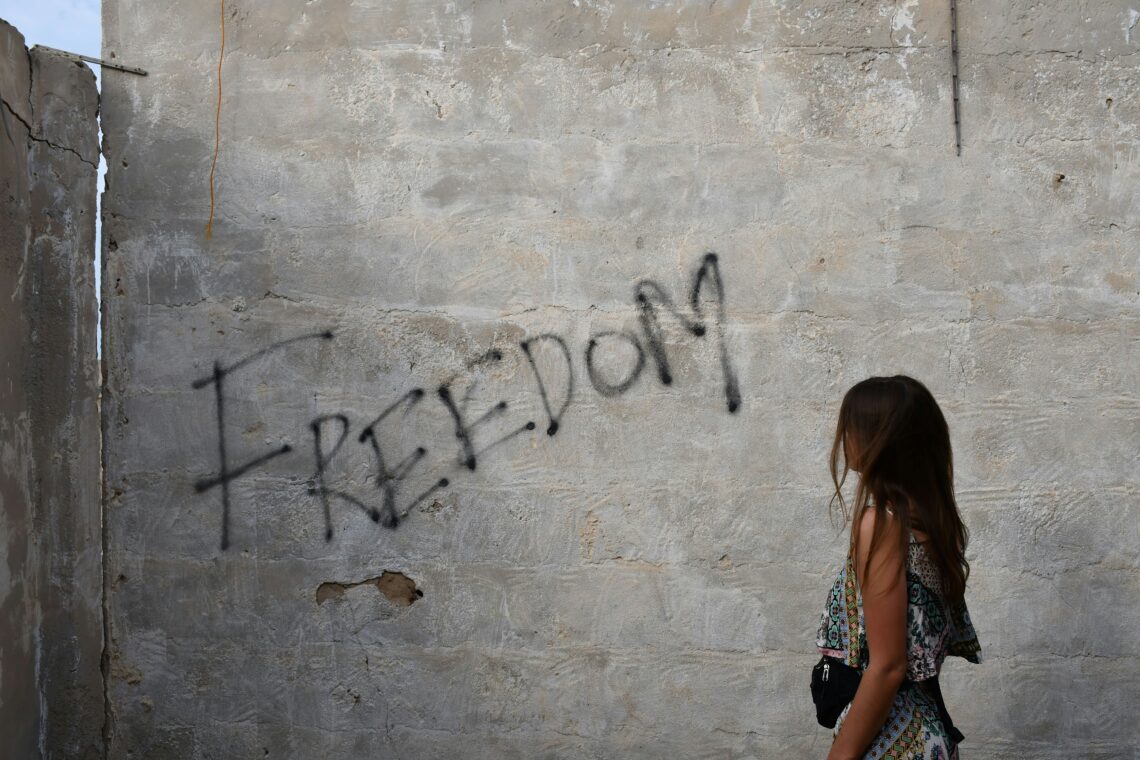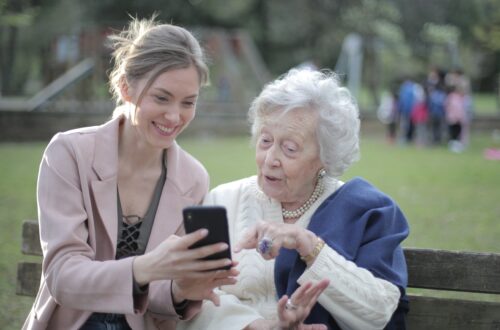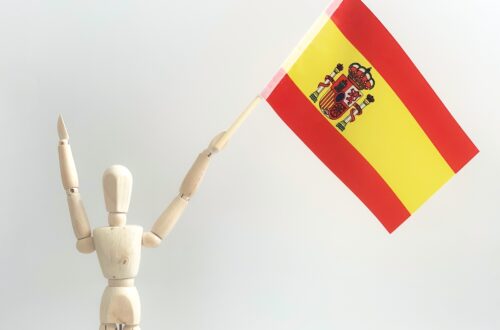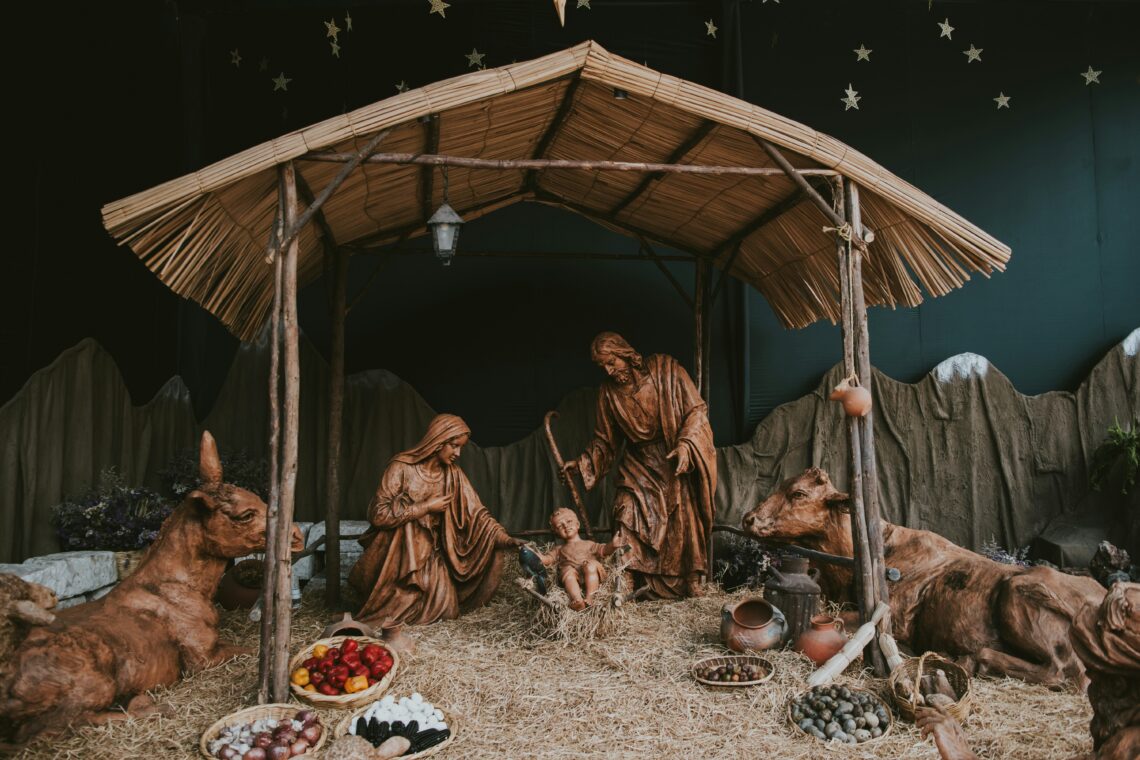-
Fear and its antidote
(8 minutes) “Fear may be inevitable, but paralysis is a choice”, says Monica Sharp.
-
“There’s no way of one making sense without the other”: why faith and science should be friends not foes
(5 minutes) Oxford epidemiologist Bernardo Gutierrez is not impressed by claims of a conflict between faith and science. In this interview he tells Adamah Media why.
-
Let’s talk reparations
(5 minutes) Jide Ehizele offers a Christian reflection on justice beyond ideology.
-
Beautiful domesticity captured: the genius of Johannes Vermeer
(8 minutes) Denise Trull is captivated by the paintings of a man who championed the lives of ordinary women.
-
A system created by fear: what I learned about ICE
(4 minutes) Monica Sharp offers an Immigration advocate's perspective on recent events in Minneapolis and elsewhere in the US.
-
“People who cannot control themselves cannot exercise freedom”
(8 minutes) In this fascinating interview, American business ethicist Max Torres spoke to Adamah Media about business ethics, the importance of making good decisions, and why self-control is central to a good economy.
-
The Art of Code-switching
(5 minutes) Code-switching is really about moral imagination, says Jide Ehizele.
-
Creative co-existence, the only way forward
(15 minutes) We must defend not only our own freedom of expression but also that of those we disagree with, believes human rights campaigner Benedict Rogers.
-
Listening to the forest
(5 minutes) The Church returns to the Amazon, where Catholic mysticism and Global South fury expose the West’s failure to act, argues Liam Stokes.
-
The risk of love
(8 minutes) As the Christmas season comes to an end, Toby Lees considers that truth isn’t something merely abstract. It is profoundly personal and most expressed in the vulnerability of love.
